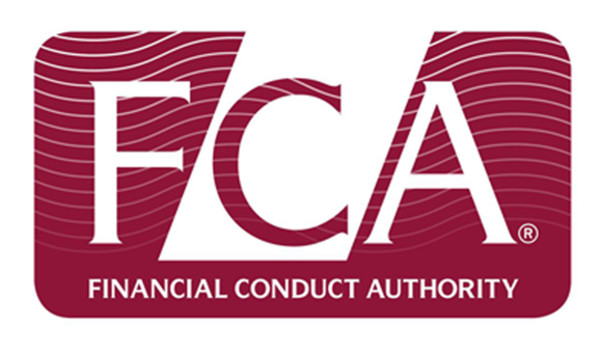

After months of waiting and speculation, the Financial Advice Market Review (Famr) has been released. The Treasury said it is set to “tackle the barriers to consumers accessing advice.”
The project, started in August last year, began in response to the existence of the so-called advice gap, since introduction of the RDR. The review delivered 28 recommendations, including plans to amend the definition of regulated advice so that it is based upon a personal recommendation, in line with the EU definition set out in Mifid II.
According to the Treasury, this broader definition should provide greater certainty to allow firms to distinguish between guidance and advice to customers. It means there will be a single definition for advice, which the FCA believes will remove “some of the regulatory barriers constraining the content of current guidance services.”
However, Scott Gallacher, chartered financial planner at Rowley Turton, said he is unsure whether this really addresses the advice-gap issue.
“Consumers want advice, but are not always willing to fully engage with an adviser by providing them with the full information, and are not always willing to pay the costs of advice,” he said.
The review recommends developing a clear framework that gives firms the confidence to provide ‘streamlined advice’ on simple customer needs in an appropriate way, to enable firms to narrow suitability considerations for advice areas. For example, a 30-year-old looking to make regular stocks-and-shares Isa contributions for a long-term objective or a grandparent investing a lump-sum for their newborn grandchild’s education.
Mr Gallacher explained, “Streamlined advice is always a little dangerous for clients and advisers.”
He added this would work only if the Financial Ombudsman Service accepts it, which he described as the “key barrier” to its effective use.
Improvements to suitability reports are also detailed, with a desire to reduce their length, where appropriate, and the time organisations spend preparing them.
Elsewhere, the review does not recommend the introduction of a fixed 15-year long-stop, despite “a number of respondents” who expressed concern about the lack of one.
Further recommendations include allowing consumers to access a small part of their pension pot before the normal minimum retirement age, to redeem against the cost of pre-retirement advice.
Mr Gallacher believes this is “irrelevant and impractical” and went further by saying, “Forcing pension schemes to facilitate the paying of advice charges – and it would need to be forced, through, as I can’t see pension administrators doing this willingly – will potentially open up the risk of mass mis-selling of ‘free’ pre-retirement planning paid via the pension scheme.”
The Treasury and FCA plan to jointly report on progress in 12 months and review these outcomes again in 2019.



